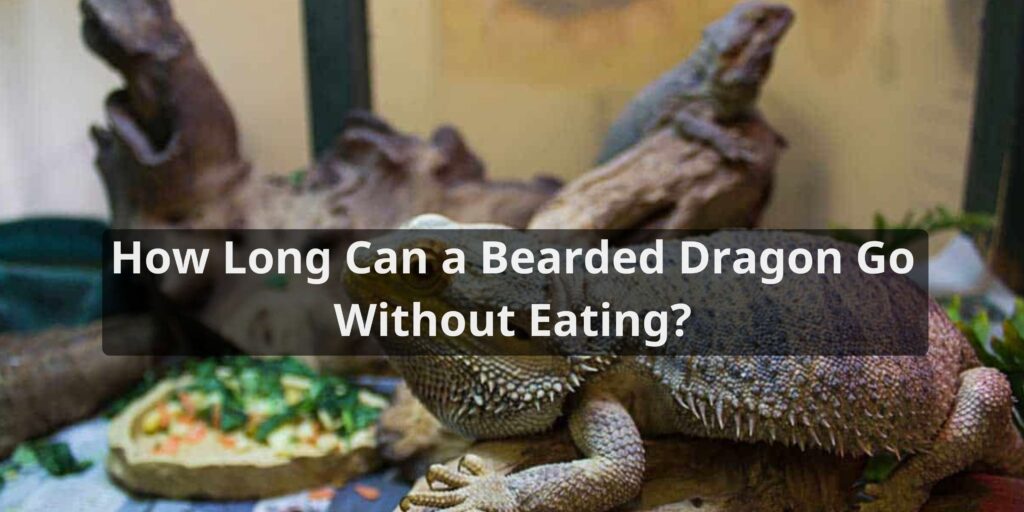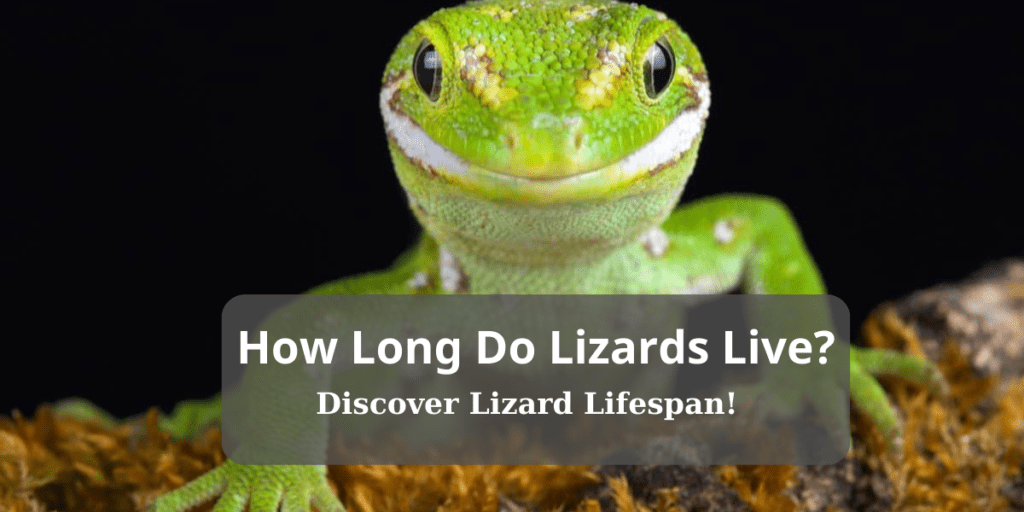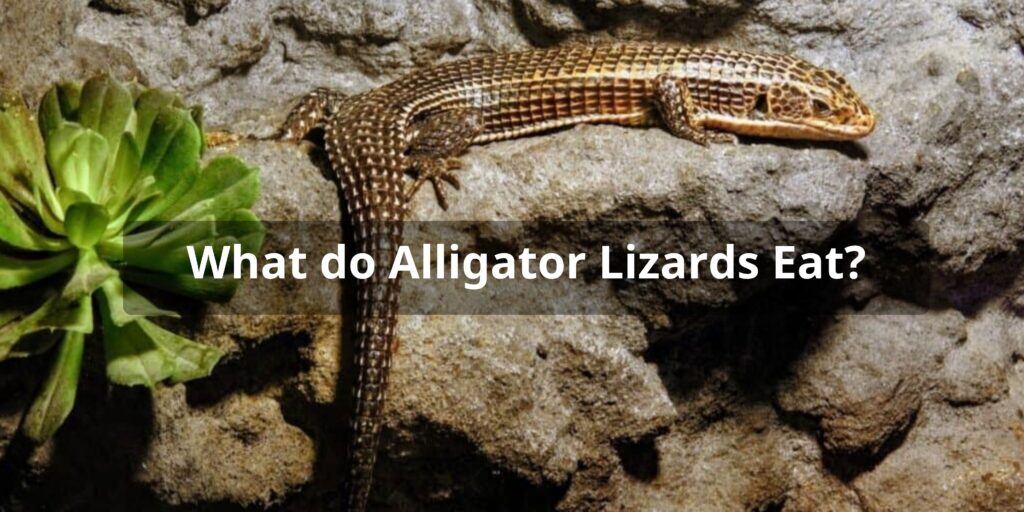Bearded dragons are commonly kept as pets, admired for their docile nature and unique, spiny appearance. However, caring for these lizards requires meeting some key dietary needs. An important question for bearded dragon owners is: how long can a bearded dragon go without eating?
Normal Eating Habits for Bearded Dragons
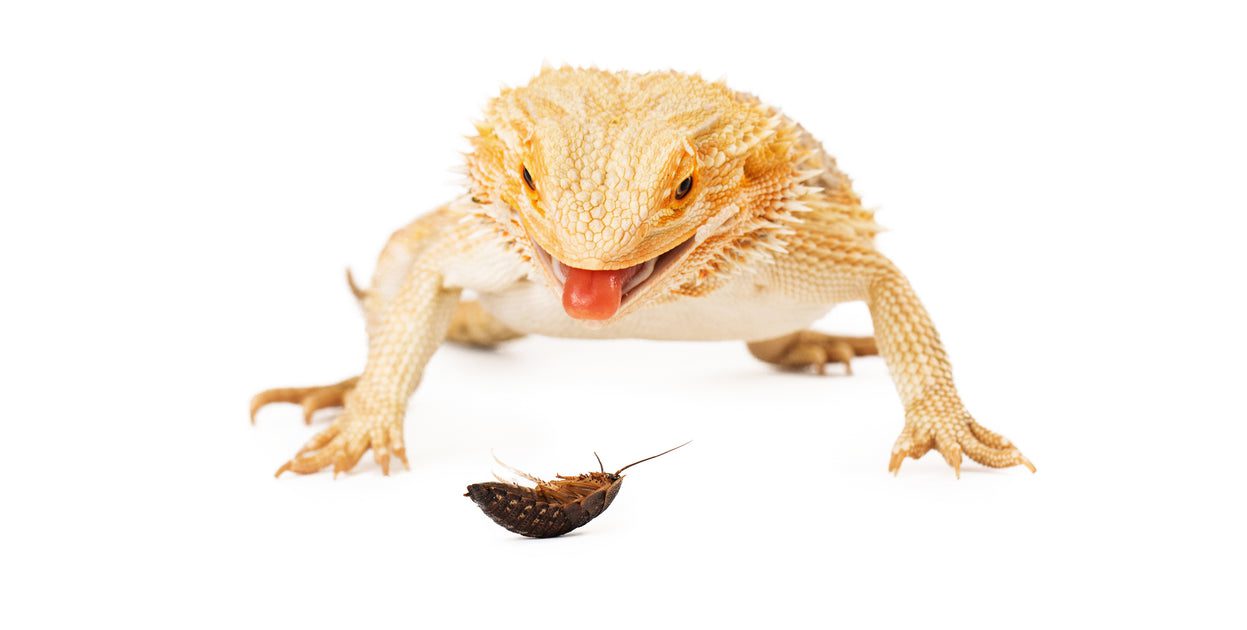
In their natural desert habitat, bearded dragons are accustomed to periods of feast and famine. They can go days or even weeks between meals. However, pet dragons live in a controlled environment where food is always available. This allows them to eat as much as they want each day.
On average, most healthy adult bearded dragons will eat daily. Hatchlings and juveniles have faster metabolisms and may need to eat 2-3 times per day. This frequent feeding allows young dragons to grow quickly in their first year of life.
Ideally, pet bearded dragons are offered fresh salad greens and vegetables each morning. This gives them time to eat and digest their food before their basking lights turn off at night. Feeding your dragon 3-5 times weekly is sufficient for adults. But growing juveniles should get fresh salad daily.
How Long Can Bearded Dragons Go Without Food?
While bearded dragons are adapted to irregular meals, they should not go more than 2 weeks without eating. Healthy adults can readily go 1-2 weeks between feedings. But babies, juveniles, or gravid (egg-bearing) females should eat at least twice weekly.
Signs your bearded dragon is not getting enough food include:
- Lethargy and decreased activity
- Loss of appetite even when food is offered
- Weight loss
- Change in stool quality and decreased frequency
If your dragon is showing these symptoms, get them eating again as soon as possible. Try offering a slurry of minced salad greens and insects to stimulate their appetite. Seek veterinary advice if fasting continues beyond 2 weeks.
Why Might a Bearded Dragon Stop Eating?
There are a few reasons why your bearded dragon might go off feed. These include:
Brumation – Bearded dragons are prone to brumation in the winter months. This reptile version of hibernation causes decreased appetite and activity levels. It’s normal for them to go weeks without eating. Monitor their weight and resume feeding once appetite increases.
Illness – Parasites, respiratory infections, and other health issues can suppress appetite. Schedule a vet visit if fasting lasts over 1 week to diagnose and treat any underlying problems.
Incorrect husbandry – Issues like incorrect temperatures, light cycles, or tank setups can cause stress. Review their habitat and double check it meets all their care requirements.
Life stage – Gravid females may go off feed as they utilize fat and protein stores to develop eggs. Hatchlings also have a lower appetite initially.
Supporting Your Bearded Dragon During Periods of Fasting
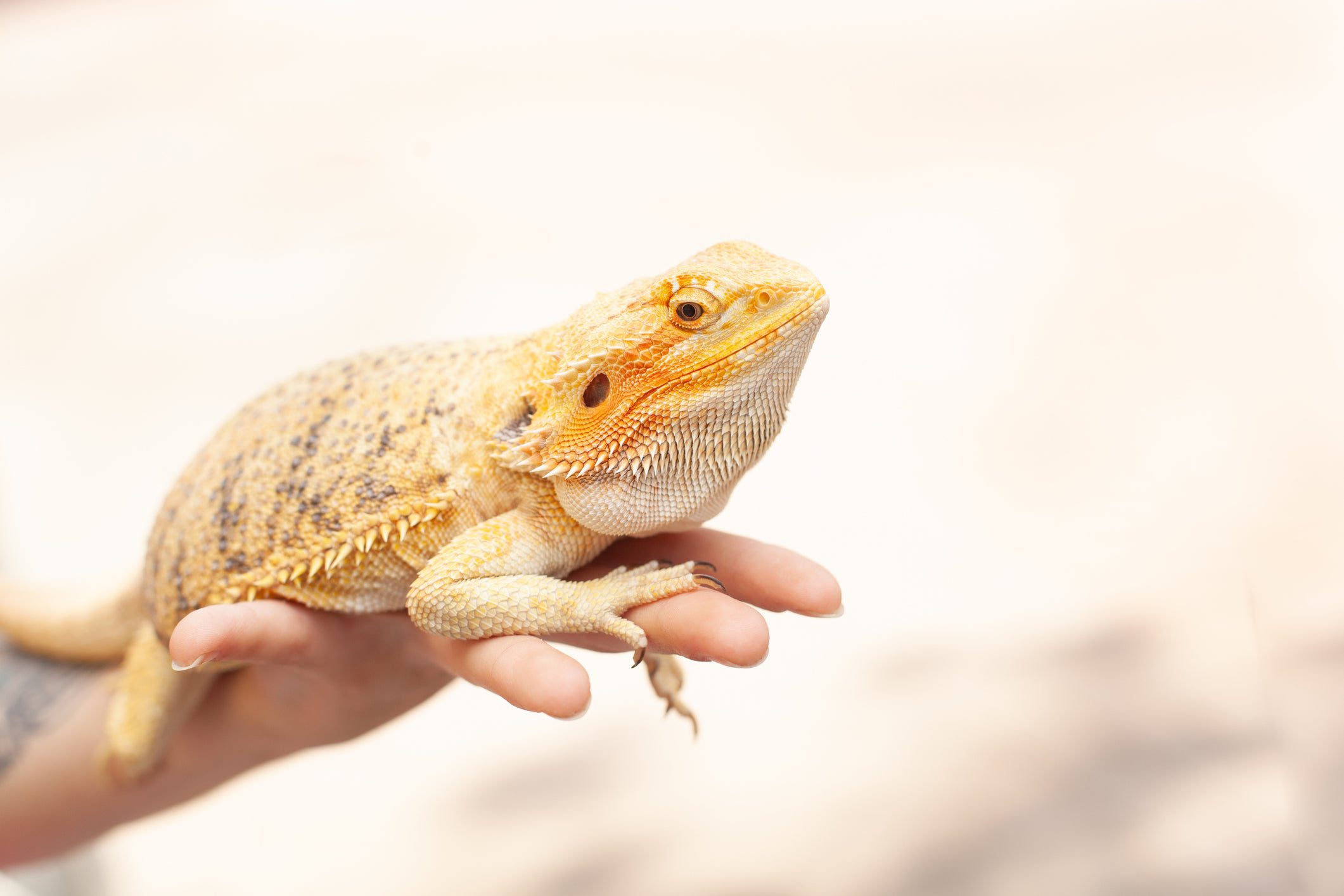
If your bearded dragon does abstain from food for over a week, there are steps you can take to support their health:
- Weigh regularly – Keep track of weight fluctuations to ensure they aren’t losing too much mass. Loss of over 10% body weight can indicate a major issue.
- Offer favorite foods – Try enticing them with staple feeder insects like worms or roaches. You can also make a blended salad slurry to stimulate their appetite.
- Check hydration – Dehydration is dangerous. Provide fresh water daily and give baths to increase fluid intake. Watch for sunken eyes or loose skin as signs of dehydration.
- Consult a vet – Have your exotic vet examine your dragon if fasting exceeds 2 weeks or is accompanied by other symptoms of illness. They can provide supportive care and identify any underlying issues.
With attentive husbandry and vet supervision if needed, most bearded dragons can safely fast for 1-2 weeks when necessary. But young, elderly, or sick dragons may need intervention after just a few missed meals. Monitoring appetite and weight are key to keeping your pet healthy when they inevitably go off feed for a period.
Conclusion
How long can bearded dragons go without eating? In most cases, healthy adults can manage 1-2 weeks between feedings. However, juveniles and hatchlings should not go more than 3-4 days without eating. Seek veterinary advice for any dragon not eating for over 7 days to rule out health issues. With proper care and monitoring, these resilient lizards can thrive through normal periods of fasting associated with brumation, reproduction, and their feast-or-famine ancestry.
FAQs About How Long Can a Bearded Dragon Go Without Eating
How does the time of year or season affect a bearded dragon’s eating habits and fasting periods?
Bearded dragons may naturally fast during colder months, resembling brumation. This is generally normal, but monitor their health closely.
Are there signs or behaviors that indicate a bearded dragon is not eating due to a health issue rather than natural fasting?
Signs of concern include lethargy, weight loss, sunken eyes, or other unusual behaviors. If these signs accompany fasting, consult a vet.
What are the consequences of prolonged or recurrent periods of not eating on a bearded dragon’s overall health?
Recurrent or prolonged fasting can lead to metabolic issues, organ problems, and long-term health decline. Address the cause promptly.
Can bearded dragons lose weight during fasting periods, and how can I monitor their health during these times?
Yes, weight loss is common during fasting. Regularly weigh your dragon, monitor hydration, and observe their overall activity and behavior to assess health.
How should I prepare for situations where my bearded dragon might not eat for an extended period, such as during brumation?
Ensure your dragon is well-hydrated before fasting begins, and provide a quiet, dark, and cool area for brumation. Offer water occasionally but avoid disturbing them during this natural process.

